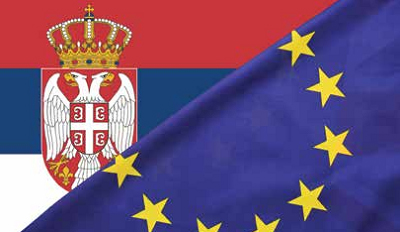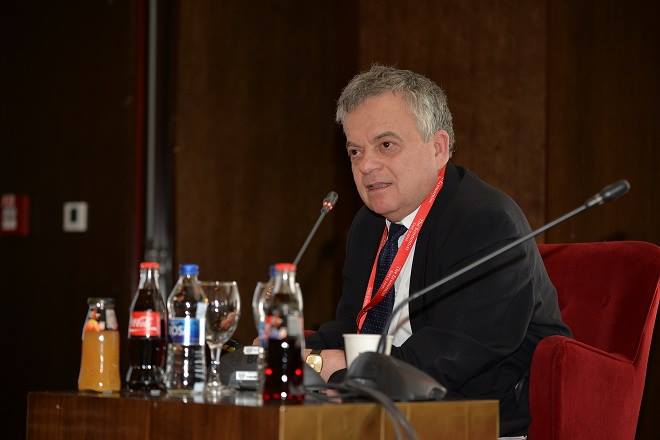Although Serbia continues to make slow but steady progress in EU membership negotiations, scepticism in the country about the EU is increasing.

Text: Laza Kekić
Event
In June Serbia opened two new chapters in EU accession talks.
Analysis
In June Serbia opened two more chapters in its EU accession negotiations–on Intellectual Property Law (chapter 7) and on the Customs Union (chapter 29). With this, Serbia has opened 10 out of 35 chapters, while two have been temporarily closed.

The EU dominates Serbia’s trade, investment and aid. Although domestic enthusiasm for EU accession has waned, the majority of Serbia’s elite still aspires to EU membership. However, there are signs that Serbia is growing increasingly impatient with the EU’s procrastination in making concrete pledges about further enlargement. Serbia’s president Aleksandar Vucic recently insisted that it was crucial for the EU to respond whether, and in what time frame, it is interested in Serbia’s membership, and that Serbia is “no longer willing to listen to promises.”
At the recent EU-western Balkans Summit, held in Trieste on July 12th, EU leaders repeated the usual by-now ritualistic promise that the future of the western Balkans belonged in the EU. But not only is the region growing increasingly sceptical of this, the Italian Prime Minister Paolo Gentiloni in closing remarks at the Summit admitted that EU enlargement “isn’t around the corner”.
A recent Gallup survey in the western Balkans of popular attitudes to the EU found that Serbian citizens were by far the most sceptical about the benefits of EU membership. Only 40% of those surveyed in Serbia believed that EU membership was beneficial compared with 34% who believed that it was harmful. That compared with an average of 66% in the five other countries in the region who saw it as beneficial and only 16% as harmful. The Serbs are also more likely than any other nationality in the Balkans to express approval of Russian leadership—54% of Serbs approved of Russia’s leadership over the past two years, while only 28% approved of the EU’s leadership.
Impact on forecast
Recent developments have been in line with our forecast that Serbia will continue to seek EU membership despite increasing dissatisfaction in Serbia about the process of EU accession and scepticism among the population about the benefits of membership.